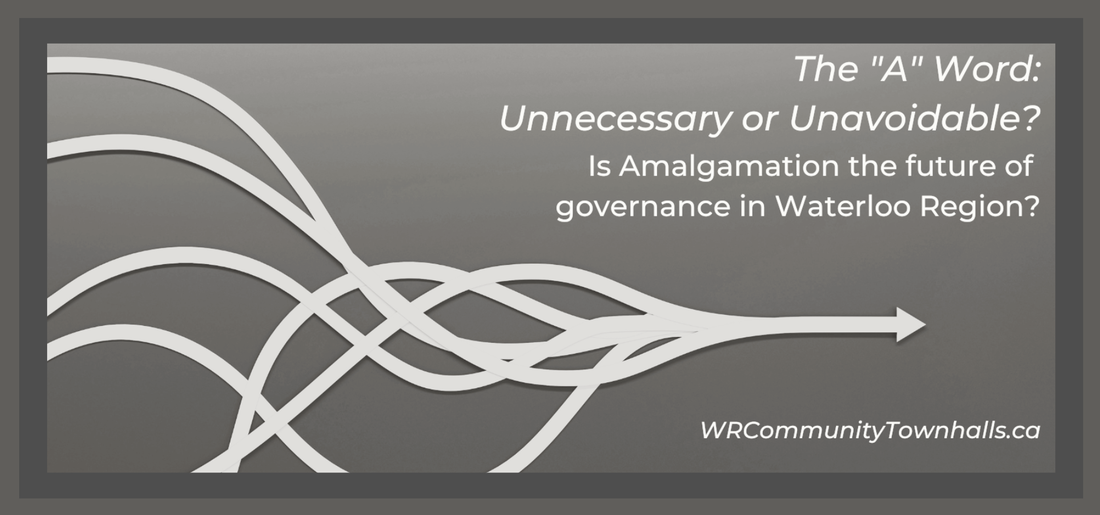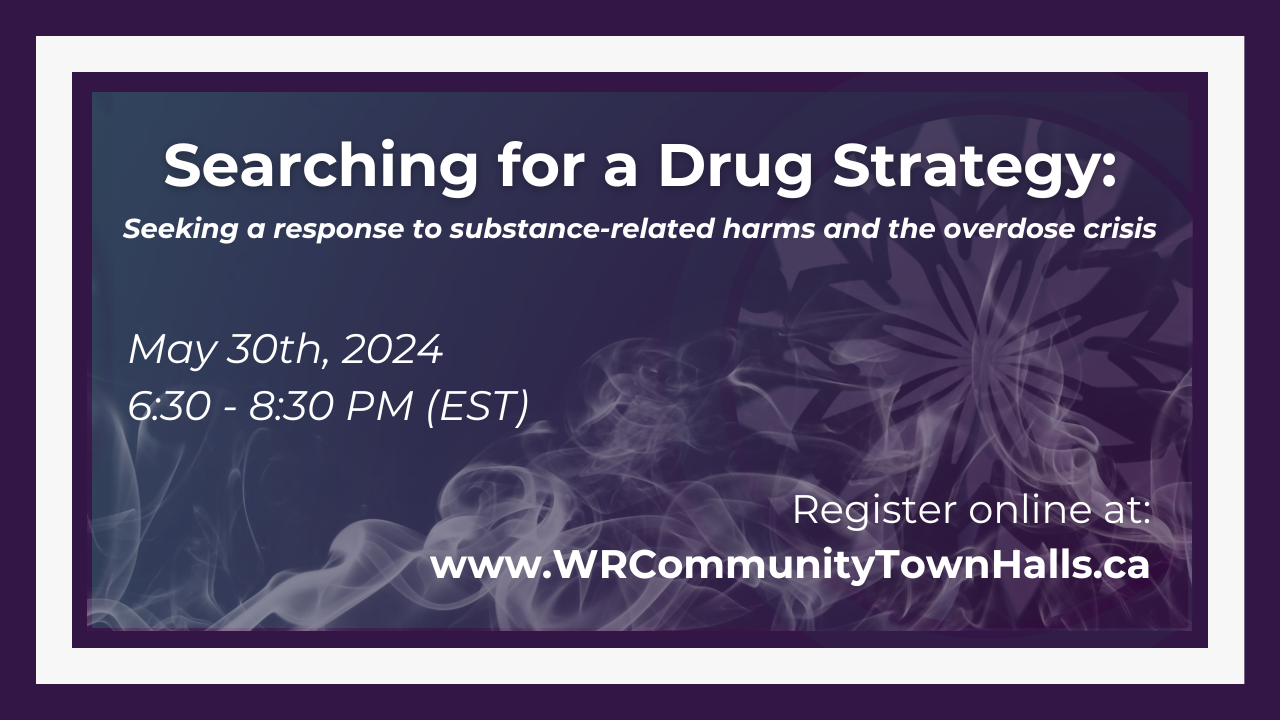|
|
Audience Voices
With six excellent speakers, there wasn’t much time remaining for discussion but the chat section was very active throughout the panel discussion. A few highlights of this discussion are below:
|
“Better two-tier models might be interesting to discuss more at some point as well, e.g. regional council be composed of all regional councillors to simplify the voting process, etc. Local councillors are who citizens like myself turn to about issues, but they often have little power over most things except for very minor concerns/issues, leaving citizens confused, feeling a lack of agency… I find myself and others I know are much more likely to talk to our councillor because of how locally rooted they are.
9000 per politician seems pretty good to me. I think the either/or of keeping very local representation and some kind of further amalgamation is a false question. I think we can be more creative in how we amalgamate our local political systems if we want to amalgamate our services.” - Andrew Reeves “We can make the residents' experience more seamless through collaboration among the municipalities, and find any relevant cost savings, without taking on the cost and workload of an amalgamation transformation.”
- Jason Hammond “Our social service sector is tired of dealing with 8 different governments and 60 political office holders to bring their services online. Our labyrinth of local governments is chasing away or hindering home building, investments, and social service delivery. Waterloo Region lost out on 1400 jobs – representing nearly as many families who rely on those jobs – because when Schneider’s Meats had to decide about where to grow its business, we couldn’t compete fast enough against Hamilton. Hamilton could go faster and be a better economic development partner because they are one single-tier city.”
- Rose Greensides “When looking for non-profit or business support, the option of dealing with one department/manager who is now dealing with a bigger portfolio scares me just as much as managing several relationships. I honestly don’t know what is better. The research showing it’s not actually more efficient to amalgamate makes me wary.”
- Alex Szaflarska “I worked at the CIty of Toronto before, during, and after amalgamation. After amalgamation very little got done in Toronto’s council Where before all councillors in the individual cities could agree on matters in their city, after amalgamation the councillors who weren’t representing an area of a former city would vote against items that would benefit that former city, no matter how beneficial. But that was multi-city to one-tier amalgamation, different from what we have in Waterloo Region. Small government is good government.”
- Bob Jonkman “One theme that comes up repeatedly is that different levels of government point fingers at each other. We are thinking amalgamation will solve this because the area municipalities can’t point fingers at the region and vice versa, but we will all continue to point fingers to and from the province. That part won’t change.”
- Paul Nijjar “Currently, we have made it clear that our rural townships will keep a rural focus and our local farms are thriving as the most profitable in Canada earning more per acre than others and being one of the largest components of our regional economy. Under amalgamation how do we protect these rural lands when rural Councillors are so easily outvoted by far more numerous urban Councillors? The pressures of growth, developers and development is intense and so far we have avoided the land speculation seen in most of the province because of the expectation set that our four townships will remain rural.”
- Kevin Thomason “66 politicians is not too many decision-makers but far too few. Communities at the neighbourhood level should be meeting in assemblies to decide how their communities are to function. Workplaces should be organized in the same way. Then we might be able to talk meaningfully about “democracy” - rule by the (common) people - including in its most important settings, where people work.” - Peter Eglin
|
Event Chat Transcript



